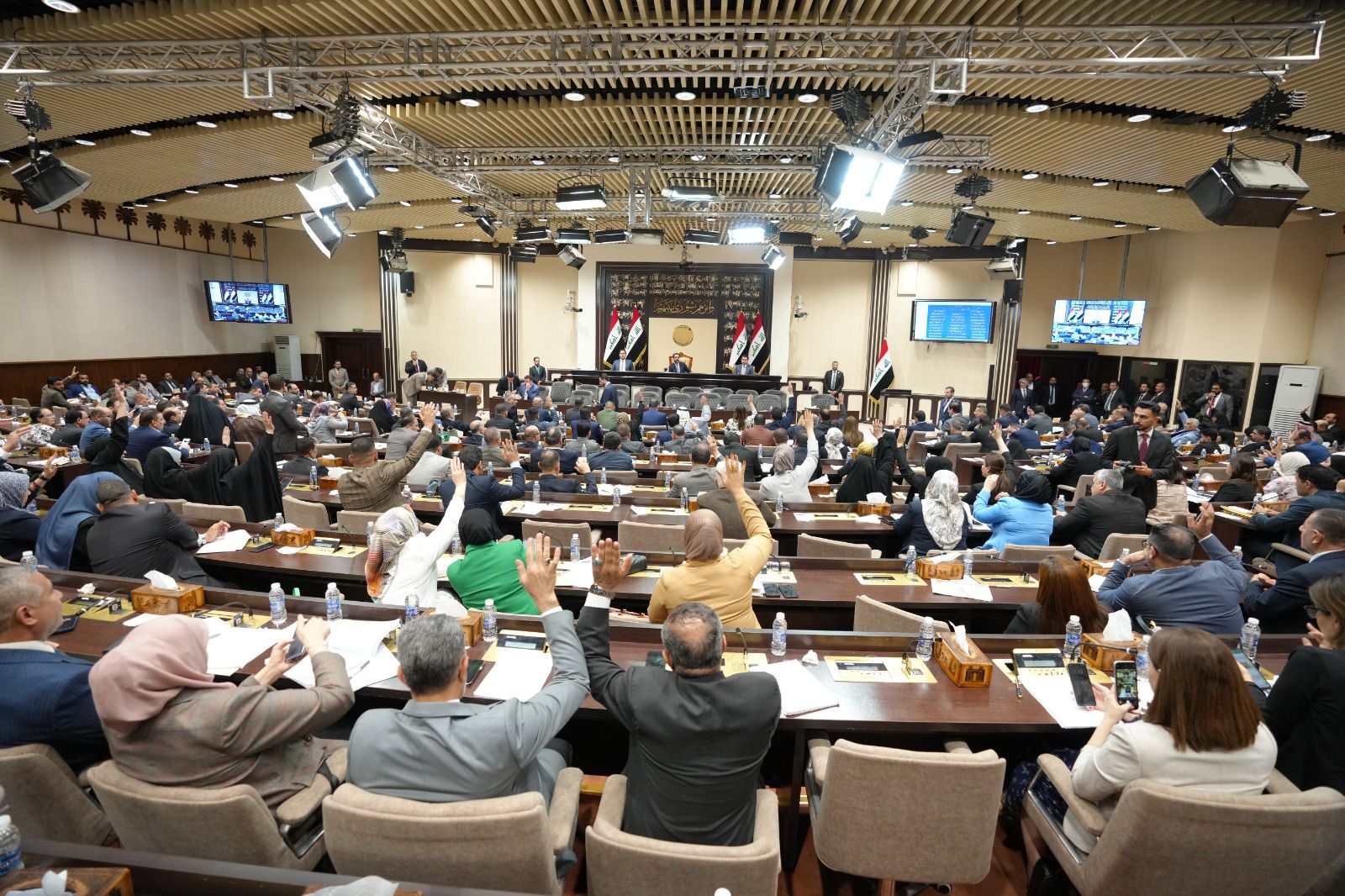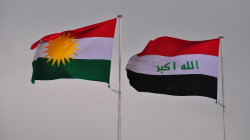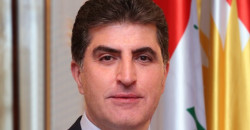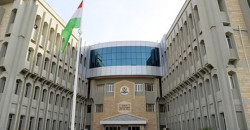Budget worries experts as salaries claim over 60% allocation, igniting concerns on loan repayments

Shafaq News / Experts have expressed concerns regarding certain clauses, particularly Article 16, outlined in the General Budget Law, as they raise apprehension over intricate and perceptible matters pertaining to the allocation of public funds. Furthermore, the magnitude of the financial budgets designated for salaries exacerbates worries about potential difficulties in meeting payment obligations.
Following a series of four consecutive parliamentary sessions characterized by disagreements among political factions regarding multiple articles, the Iraqi parliament finally ratified the three-year financial budget encompassing 2023, 2024, and 2025 on Sunday. This decision came after certain articles were removed, while new articles were incorporated into the final vote.
The current budget for the year stands at 197 trillion and 828 billion Iraqi dinars, which is equivalent to approximately 152.2 billion dollars. Notably, this budget exhibits a total deficit of 63 trillion dinars, equivalent to 48.3 billion dollars. Regrettably, the specifics regarding the contents of the 2024 and 2025 budgets have not been disclosed.
Legal expert Ali al-Tamimi has provided a comprehensive analysis of Article 16 within the General Budget Law, highlighting the presence of discernible and esoteric issues pertaining to public funds. These concerns are particularly significant given that the estimated amount involved is approximately $100 billion.
According to al-Tamimi, Article 16 grants the Federal Minister of Finance the authority to augment allocations for the amortization of advances incurred in previous years until March 12, 2023. However, such disbursements must comply with existing laws, be subject to scrutiny by the Federal Financial Supervision Bureau, and gain approval from the Federal Council of Ministers. It is crucial to note that this year marks the final year of this settlement process.
In reference to Article 27 of the Iraqi Constitution, al-Tamimi emphasizes the sanctity of public funds and their prohibition from being disposed of in any manner. He argues that this text does not confer upon the Minister of Finance the power to increase allocations and subsequently deduct advances, treating these additions as substitutes for the amortization process.
Al-Tamimi asserts that these advances must be accompanied by detailed receipts that encompass feasibility studies, justifications, and a record of their expenditure. They are akin to bank loans in terms of the guarantees they provide and the potential for recovery in the event of non-payment.
Furthermore, al-Tamimi highlights that these advances do not constitute debts and are not subject to the Trade Law or other applicable legislation. Instead, they are regarded as credits for a specific duration or funds lent for a particular purpose.
Drawing on Article 684 of the Civil Code, which addresses the topic of borrowing, al-Tamimi emphasizes that such loans are not considered debts but rather fall under the category of public funds, representing a form of credit.
Al-Tamimi concluded by suggesting that the text of Article 16 conceals an underlying and undisclosed intent. He highlights the possibility of appealing to the Federal Court, citing Article 93 of the Constitution. Notably, the Federal Court has previously ruled that the three presidencies are prohibited from donating state funds both domestically and internationally.
Specialists have drawn attention to the significant financial allocations designated for salaries within the 2023 budget, emphasizing that the introduction of job grades has adverse effects on the Iraqi economy, which already faces numerous challenges, including high unemployment rates.
Economist Nabil al-Marsoumi reveals that the compensation for permanent staff salaries alone amounts to 60 trillion dinars. Additionally, this figure includes the salaries of retirees, employees of self-financing public companies, and beneficiaries of social protection programs, surpassing two million individuals.
When these salaries are combined, they reach nearly 90 trillion dinars, accounting for 60% of the operating expenses outlined in the budget. This is a substantial amount, representing approximately 80% of the projected oil revenues for 2023. In other words, a significant portion of the oil revenues is allocated solely for salary payments.
Expressing his concerns, al-Marsoumi highlights the potential decline in oil revenues, particularly considering price fluctuations. Should oil prices drop below $60 per barrel, the government might face challenges in meeting employee salary obligations. This could potentially lead to an economic crisis and even jeopardize the overall stability of the 2023 general budget.
Furthermore, he emphasizes that these substantial expenditures are sustained by unstable and insufficient revenues, which are barely adequate to cover salaries in the event of economic difficulties, not only relating to oil prices but also impacting oil exports.
Iraq's daily oil exports currently amount to approximately three million and 300 thousand barrels, falling short of the estimated budgeted quantity of three million and 500 thousand barrels. The deficit is primarily attributed to OPEC Plus restrictions imposed on Iraq, resulting in a reduction of 430 thousand barrels, as well as Kurdistan's inability to export oil due to the suspension of oil pumping via the port of Ceyhan by Turkish authorities.
Al-Marsoumi warns of the numerous economic challenges that Iraq is expected to face, which are anticipated to commence in 2024 specifically. The current budgetary circumstances and the reliance on oil revenues underscore the precarious nature of the economic situation in the country.
The Kurdistan Region has expressed concerns about potential non-compliance, particularly with regard to Articles 13, 14, and 15 of the budget, as observed in the Finance Committee. In response to these worries, the Region insisted on including Article 50 in the budget to ensure the preservation of the agreements reached during the approval process.
Economist Abdul Rahman al-Sheikhli stressed the importance of prioritizing the development of the private sector and transitioning from a rentier economy to a market economy that attracts investments. This shift would create alternative sources of revenue beyond oil, thus enabling the financing of the public budget. It would also address the issue of high unemployment rates by generating substantial employment opportunities.


